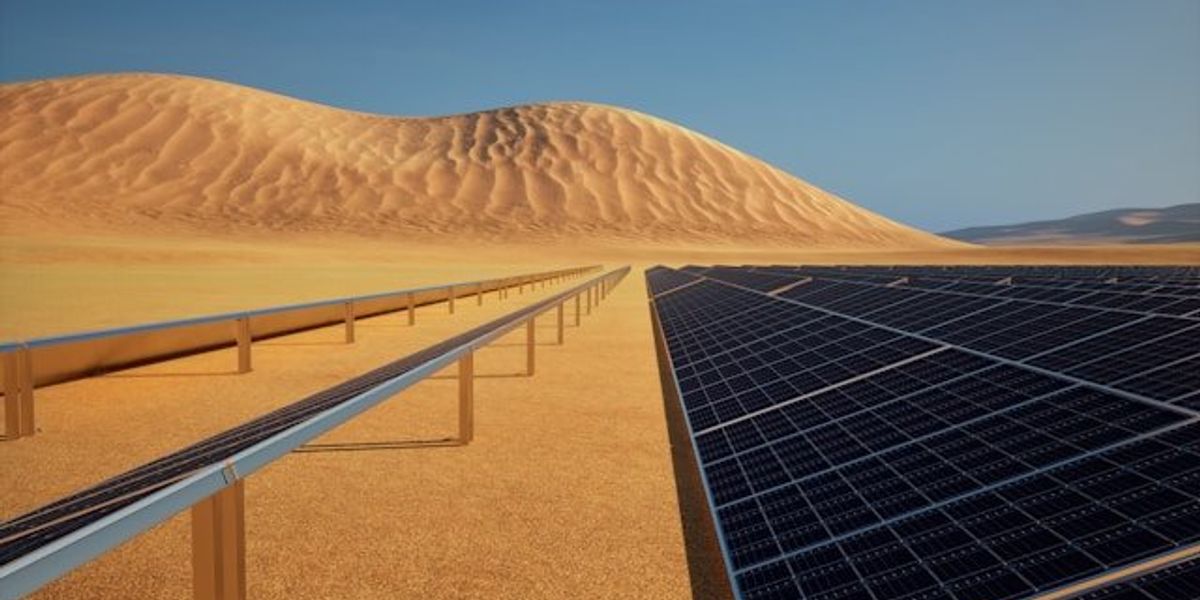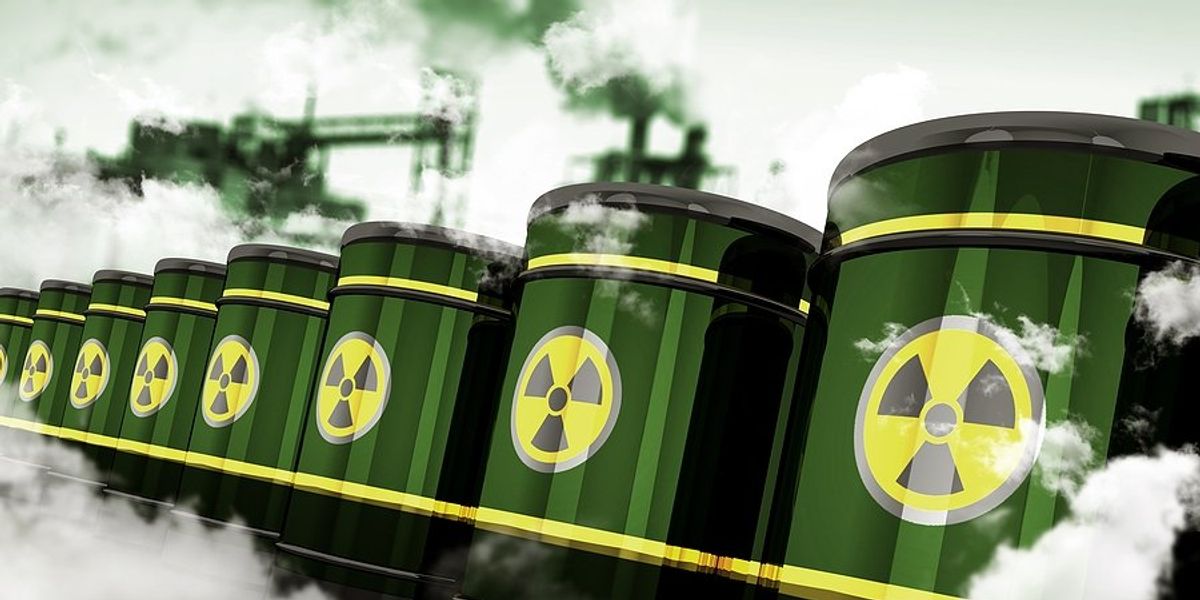
EPA chief clashes with Senate Democrats over Trump-era cuts to pollution and health programs
A bitter Senate hearing erupted into shouting as U.S. Environmental Protection Agency Administrator Lee Zeldin defended sweeping grant cuts and environmental rollbacks under President Trump, sparring with Democrats over transparency and health impacts.
Rachel Frazin reports for The Hill.
In short:
- Sen. Sheldon Whitehouse (D-R.I.) challenged Zeldin’s claims that the EPA conducted individual reviews before canceling grants, citing contradictory statements from agency officials and U.S. Department of Justice court filings.
- Zeldin accused Democrats of wasting taxpayer money and defended the agency's process, stating that multiple staffers had reviewed grants even if he had not personally done so.
- In another heated exchange, Rep. Adam Schiff (D-Calif.) warned Zeldin that environmental rollbacks could lead to increased cancer rates and criticized cuts to lead poisoning prevention in Santa Ana, prompting Zeldin to mock Schiff’s concerns.
Key quote:
“You could give a rat’s ass about how much cancer your agency causes.”
— Adam Schiff, U.S. Representative from California
Why this matters:
The EPA has historically played a central role in safeguarding clean air and water, but recent moves to scale back oversight and funding for pollution prevention have triggered alarm among public health advocates. Grants targeting lead contamination, for example, help prevent irreversible brain damage in children. Similarly, cuts to air quality monitoring or enforcement can lead to higher exposure to known carcinogens, increasing cancer rates, especially in urban and industrial areas. When elected officials downplay these risks or suggest that budget cuts won’t affect health, they ignore decades of scientific evidence linking environmental toxins to serious illnesses.
Read more: EPA freezes environmental justice grants as Zeldin defends budget cuts before Congress













